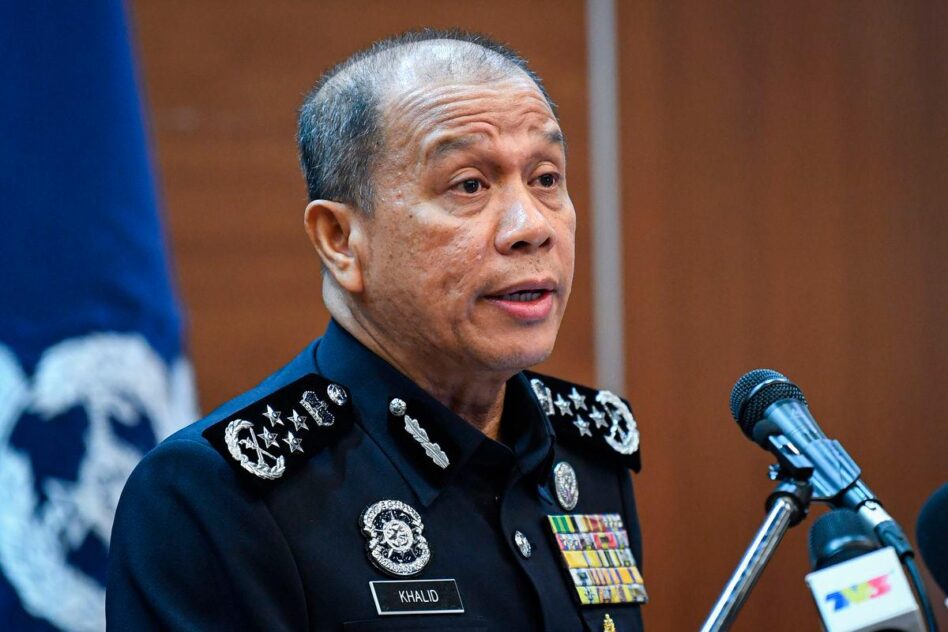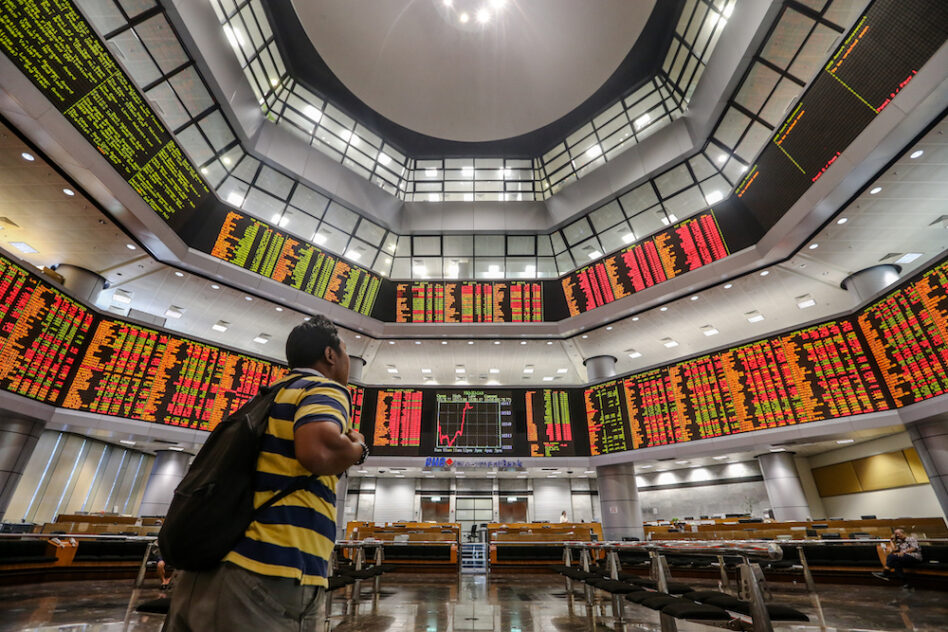POLITICS, politicians and political state of affairs are so intertwined that together they can mess up what would otherwise be a favourable outcome.
Such is how Nikkei Asia came to deduce that the Kuala Lumpur-Singapore high-speed rail (HRL) project fell prey to politics more than anything else.
The English-language news magazine that focuses on the Asian continent claimed that the project’s official termination on Jan 1 with Malaysia having to compensate Singapore RM320 mil (US$77.0 mil) as of end-March was not due to financial burden brought on by the COVID-19 pandemic per se.
“Statements from government officials and media reports suggest that it was the Malaysian side that had reneged on terms of the deal,” wrote Toru Takahashi who is the editor-in-chief (editorial headquarters for Asia) of Nikkei Asia.
“The agreement was to pick a company responsible for providing the rolling stock, laying the tracks, and designing and operating the system through an international bidding process. However, Malaysia insisted on dropping this provision during negotiations to review the agreement.”
Elaborating further, Takahashi said the Malaysian Government wanted to fast-track the process to make up for the two-year delay. It also saw an opportunity to use the project to stimulate the economy after the pandemic.
“The (Malaysian) Government must have thought that if foreign investment was kept out of the project, local businesses would benefit,” argued Takahashi. “But Singapore found the new terms unacceptable.”
Transport Minister Ong Ye Kung said in parliament after the project was scrapped that Singapore wanted to choose a company through an international bidding process to ensure that the interests of both countries were protected, and its removal constituted a fundamental departure from the bilateral agreement.
Immediately after the project was ended, Malaysia began discussing the construction of the section within its borders, according to Takahashi.
But he said a senior executive at a Japanese consulting company was cool to the idea. The executive noted that the project was attractive because Singapore was one of the terminals.
“By prioritising short-term interests, Malaysia has, in fact, sabotaged itself,” justified Takahashi.
“The rail project would have further unified the economic zone, but its failure brought into sharp relief the gap between the two countries’ ideas of transparency and rationality.”
At the end of the day, Takahashi observed that Singapore has quickly grew to become a developed country while Malaysia, through the way it managed this project, has perhaps offered a glimpse into why it has constantly lagged behind the city that it once expelled from its own federation of states.
“The distance between the two may be just 1 km, but the differences have proven unbridgeable,” he added. – May 14, 2021
Photo credit: Paul Tan









